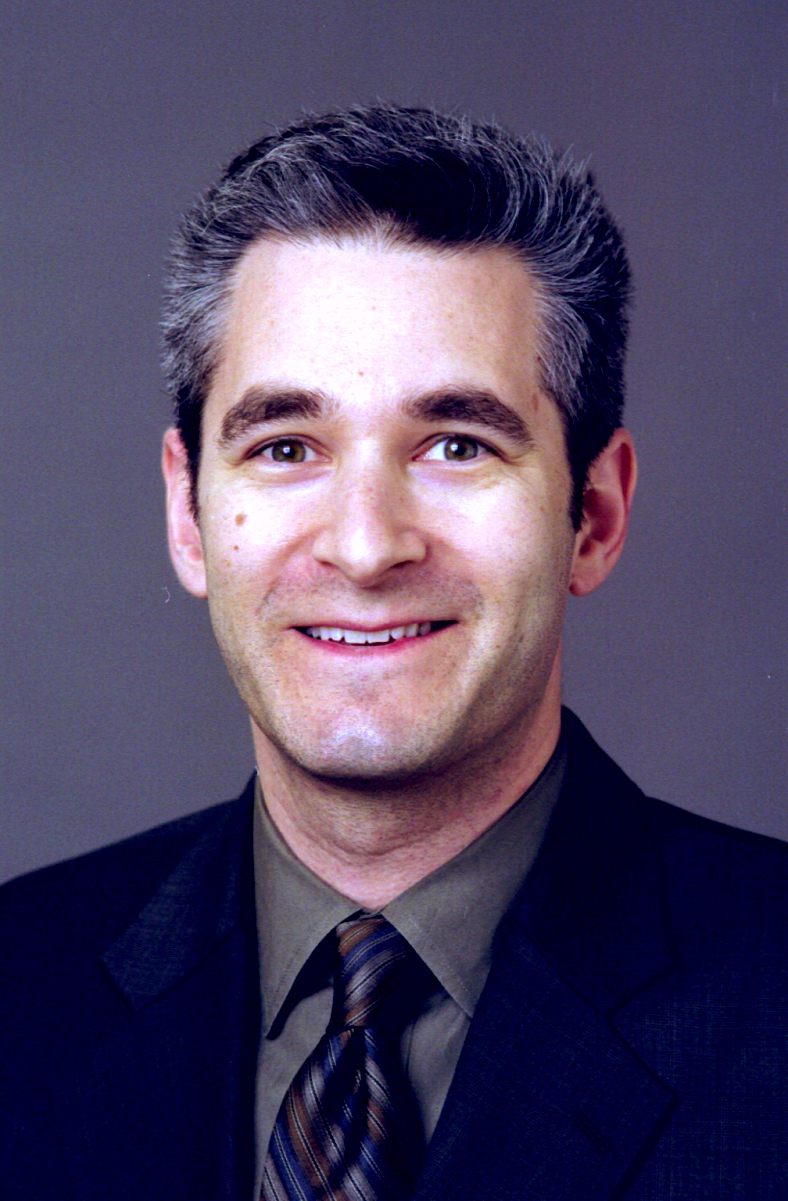
In today’s connected world, it’s easy to voice your political stance or support a candidate with the click of a button. A new course in the College of Communication capitalizes on the devotion of both students and candidates to Facebook, Twitter, Snapchat and Vine to dig into the impact of social media on the presidential election process. “I thought it might be fun and interesting for students to follow and discuss the election in real time,” says Andrew Solomon, adjunct professor and managing director of communications for the
MacArthur Foundation.
Before joining the MacArthur Foundation, Solomon racked up public affairs and communications experience at Harvard University’s nonpartisan
Institute of Politics, the
U.S. Conference of Mayors and the
U.S. Department of Agriculture, where he led a rebranding of the agency during former President Bill Clinton’s second term. “I’m excited to share my enthusiasm for politics and public issues with DePaul students,” he says. “I hope I can help students become more engaged and participatory citizens, as well as more effective communicators.”
In the interview below, Solomon discusses details of his course, The Presidential Election in Real Time, and elaborates on the importance of cultivating an engaged citizenship. Learn more about how DePaul students and faculty members are preparing for the upcoming presidential election in the spring issue of DePaul Magazine.
What specifically will the course cover?
The course will follow the presidential campaign in real time. Students will discuss and analyze how the campaigns use communication tools and tactics. To do this, students will follow media coverage of the race in traditional and nontraditional outlets, as well as on diverse social media platforms. We will also read background material to expand our understanding of the presidential election process and the importance of strategic communications in American politics today.
What are your objectives for the course? What do you want students to get out of it?
Students who complete this course will come away with a better understanding of the presidential campaign and how to develop and provide strategic communications advice in any job. They will be better-informed citizens, and therefore, more engaged citizens and more effective communicators.
How do you plan to engage students in the course content?
This will be a discussion-centered course, so it’s important that students plan on actively participating. We will watch, read and track coverage of the campaign in traditional news outlets and on social media. Students will write memos to the candidates offering communications analysis and advice based on what is actually happening in the race, and they will present those memos in front of the class and learn to defend their ideas. We will watch and dissect candidate ads and debates. Additionally, guest speakers will share their perspectives on communications and campaigns, as well as talk about their career paths. And we will have fun!